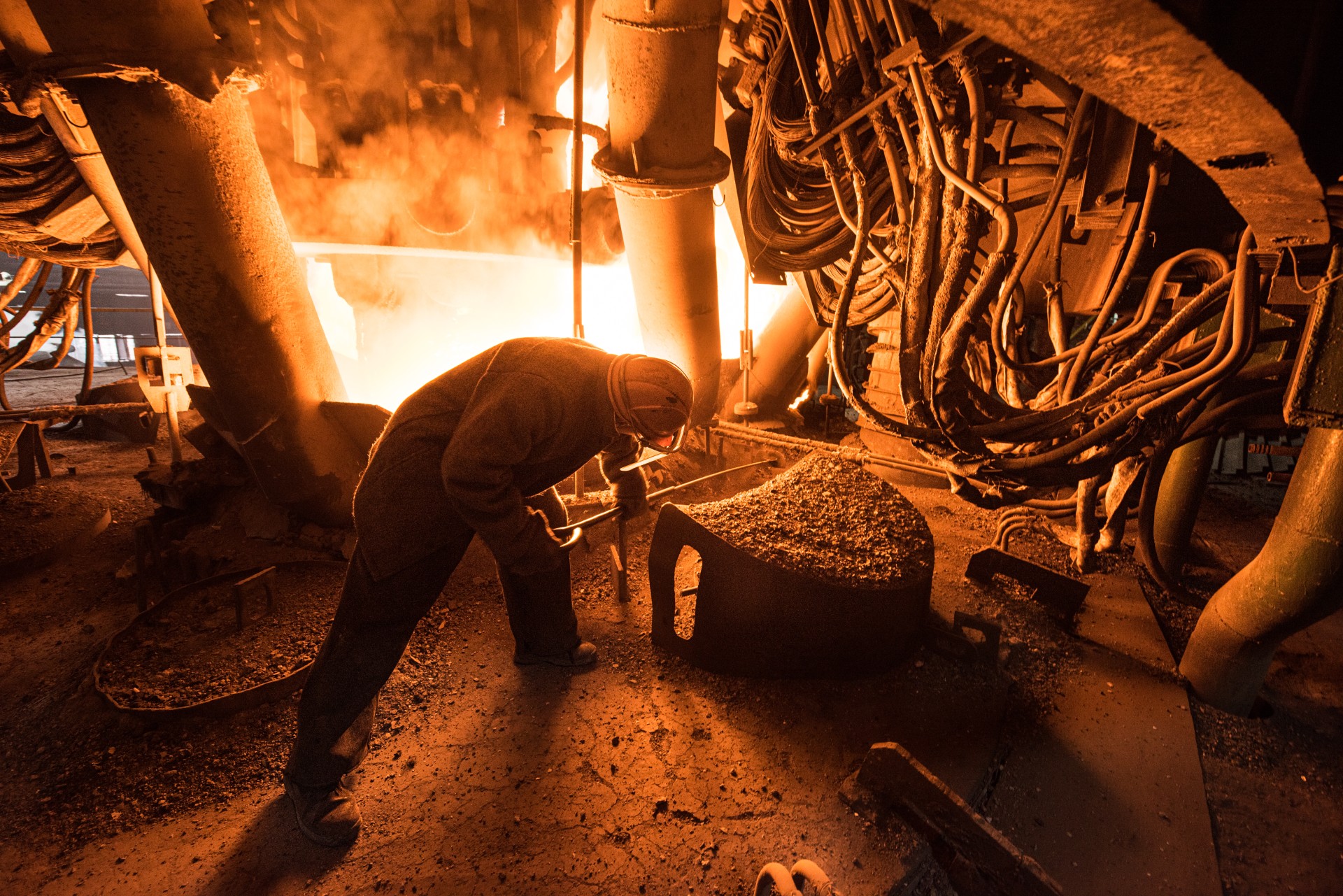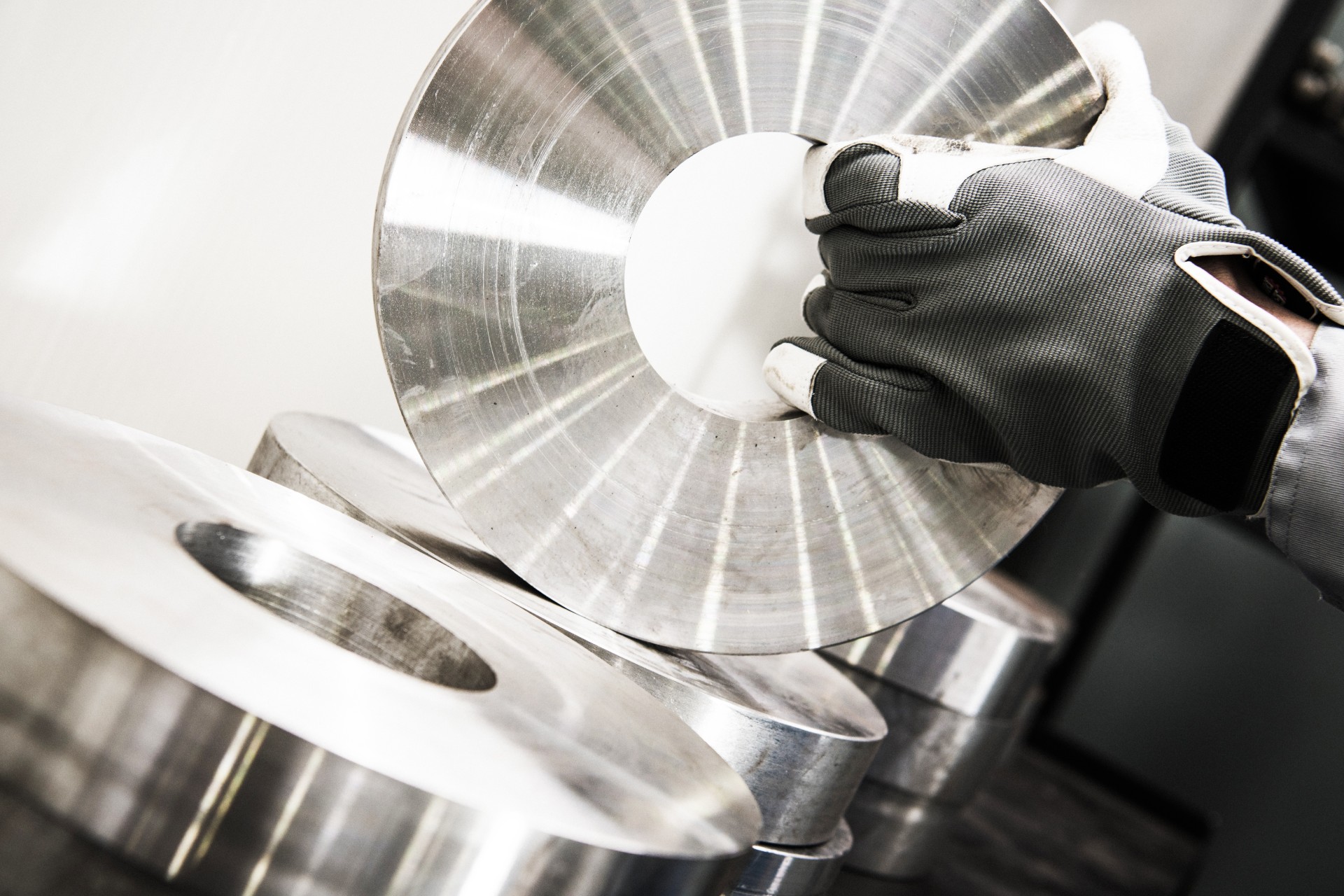Biden Set to Block US Steel Deal
President Joe Biden is preparing to block Nippon Steel Corp’s proposed $14.1 billion acquisition of United States Steel Corp. Shares of US Steel have plummeted 24% in New York trading following the Biden news. As of the latest update, the stock is down 18%. This significant drop reflects investor concerns over the potential regulatory hurdles facing the deal.
Biden Set to Block US Steel Deal: CFIUS Review Sparks National Security Debate
The acquisition has been under review by the Committee on Foreign Investment in the United States (CFIUS), a body tasked with assessing foreign investments for potential national security risks.
Biden is expected to reject the deal as soon as the CFIUS recommendation reaches his desk. According to sources familiar with the matter, a decision could be made as early as this week. The deal’s potential blockage highlights ongoing tensions surrounding foreign acquisitions of critical American industries.
Election-Year Controversy in Pennsylvania
The proposed acquisition has sparked a heated political debate, particularly in Pennsylvania, a crucial swing state where US Steel is headquartered.
 The state has deep historical and economic ties to the steel industry, making this deal highly contentious. CFIUS has yet to communicate its recommendation to the White House, adding to the uncertainty surrounding the future of the deal.
The state has deep historical and economic ties to the steel industry, making this deal highly contentious. CFIUS has yet to communicate its recommendation to the White House, adding to the uncertainty surrounding the future of the deal.
Potential for Legal Challenges
Any move to block the acquisition could face legal challenges. Biden has long argued that US Steel, an iconic American company based in Pittsburgh, should remain under domestic ownership. Vice President Kamala Harris supports this position, emphasizing the importance of maintaining strong American steel companies. Harris voiced her support during a Labor Day event in Pittsburgh, underscoring the political stakes involved.
Trump’s Opposition and the Election Impact
Former President Donald Trump has also opposed the deal, vowing to block it if elected. Trump has stated, “I will stop Japan from buying United States Steel. They shouldn’t be allowed to buy it.” His stance on the issue reflects broader concerns about foreign control over key American industries and resonates with voters who prioritize national economic security.
Precedent and Arguments for the Deal
There is limited precedent for blocking such a high-profile foreign acquisition. Proponents of Nippon Steel’s bid argue that rejecting a bid from a friendly country like Japan is unwarranted.
 They believe the joint entity could enhance competitiveness in the global steel market, particularly against Chinese producers. Nippon Steel and US Steel maintain that the merger would strengthen US Steel and make it more globally competitive.
They believe the joint entity could enhance competitiveness in the global steel market, particularly against Chinese producers. Nippon Steel and US Steel maintain that the merger would strengthen US Steel and make it more globally competitive.
Biden vs US Steel: Deal Blockage Threatens Jobs and Pittsburgh’s Economy
Should the deal be blocked, US Steel’s future could face significant challenges. The company has warned that failing to complete the acquisition could jeopardize thousands of jobs. It may also have to pivot away from its legacy union blast furnaces, particularly in Pennsylvania, and consider relocating its headquarters from Pittsburgh. US Steel’s statement underscores the potential job losses and economic impact on communities reliant on its operations.
Threats and Union Dynamics
In response to the potential deal’s opposition by Biden, US Steel has threatened to close mills with unionized workers if the acquisition is not approved. This move could pressure the United Steelworkers (USW) union to reach an agreement that would facilitate the deal’s approval. The union’s stance is crucial, given its significant role in representing workers at US Steel’s facilities.
Investment Promises and Union Skepticism
Nippon Steel has pledged $2.7 billion in investments for US Steel’s unionized mills, which would support the future of these facilities.
 Despite these promises, the USW has accused US Steel of making “baseless and unlawful threats.” The union has expressed skepticism about Nippon’s commitments, arguing that past proposals have been laden with conditions that undermine their value. The tension between US Steel’s promises and the union’s doubts adds another layer of complexity to the deal.
Despite these promises, the USW has accused US Steel of making “baseless and unlawful threats.” The union has expressed skepticism about Nippon’s commitments, arguing that past proposals have been laden with conditions that undermine their value. The tension between US Steel’s promises and the union’s doubts adds another layer of complexity to the deal.
Political Leverage and Union Opposition
The USW’s opposition to the deal provides it with considerable political leverage. The political climate around the acquisition is charged, with both major political parties and key stakeholders weighing in. Without the union’s support, the political opposition to the deal is unlikely to wane. US Steel’s historical significance and its impact on Pennsylvania’s economy make the acquisition a politically sensitive issue.
Historical Context and Electoral Impact
US Steel, established in 1901, was once a symbol of American industrial strength. It was the first company to be valued at $1 billion, reflecting its prominence in the early 20th century. Although the company has declined from its former glory and is no longer the largest US steelmaker, it remains a significant player in Pennsylvania’s economy. The state still has over 3,000 US Steel employees and many retirees, making the idea of a foreign acquisition a politically fraught issue.
Commitment from Nippon Steel and US Steel
Both Nippon Steel and US Steel remain committed to the deal. They argue that the acquisition will make US Steel more competitive on the global stage and enhance the American steel industry’s position. Nippon Steel has promised nearly $3 billion in investments for union-represented facilities, which both companies believe will be transformative. However, the political and union opposition complicates the path to closing the deal.
Nippon Steel’s Assurance to US Critics
To address concerns from US critics, Nippon Steel has assured that US Steel’s board and management will remain predominantly American. The company has promised no transfer of production capacity or jobs outside the United States. These assurances are aimed at addressing fears about potential job losses and shifts in production practices.
Union’s Concerns About Nippon Steel’s Intentions
The USW is concerned that Nippon Steel is more interested in US Steel’s nonunion plants, which use electric furnaces, rather than the unionized integrated mills. The union fears that Nippon’s focus on electric furnaces, as seen in Japan, could undermine job security for workers in traditional blast furnace facilities. The union remains opposed to the deal, citing a lack of genuine guarantees for job protection and benefits.
Impact of Union’s Stance on the Deal
If the USW changes its opposition, it could facilitate the deal’s approval. However, given the current political and economic climate, the outcome remains uncertain. CFIUS is expected to consider national security implications, but many experts argue that the real issue is political, rather than security-related. Michael Leiter of Skadden’s CFIUS and National Security Practices suggests that political considerations are driving the debate more than national security concerns.
The decision on the Nippon Steel and US Steel acquisition will have significant ramifications for both companies and the American steel industry. Biden’s expected move to block the deal, combined with the ongoing political and union opposition, highlights the complexities surrounding this high-stakes transaction. The outcome will shape the future of US Steel, Nippon Steel, and the broader steel industry, impacting jobs, investments, and geopolitical relationships in the process.
Chart by Trading View

